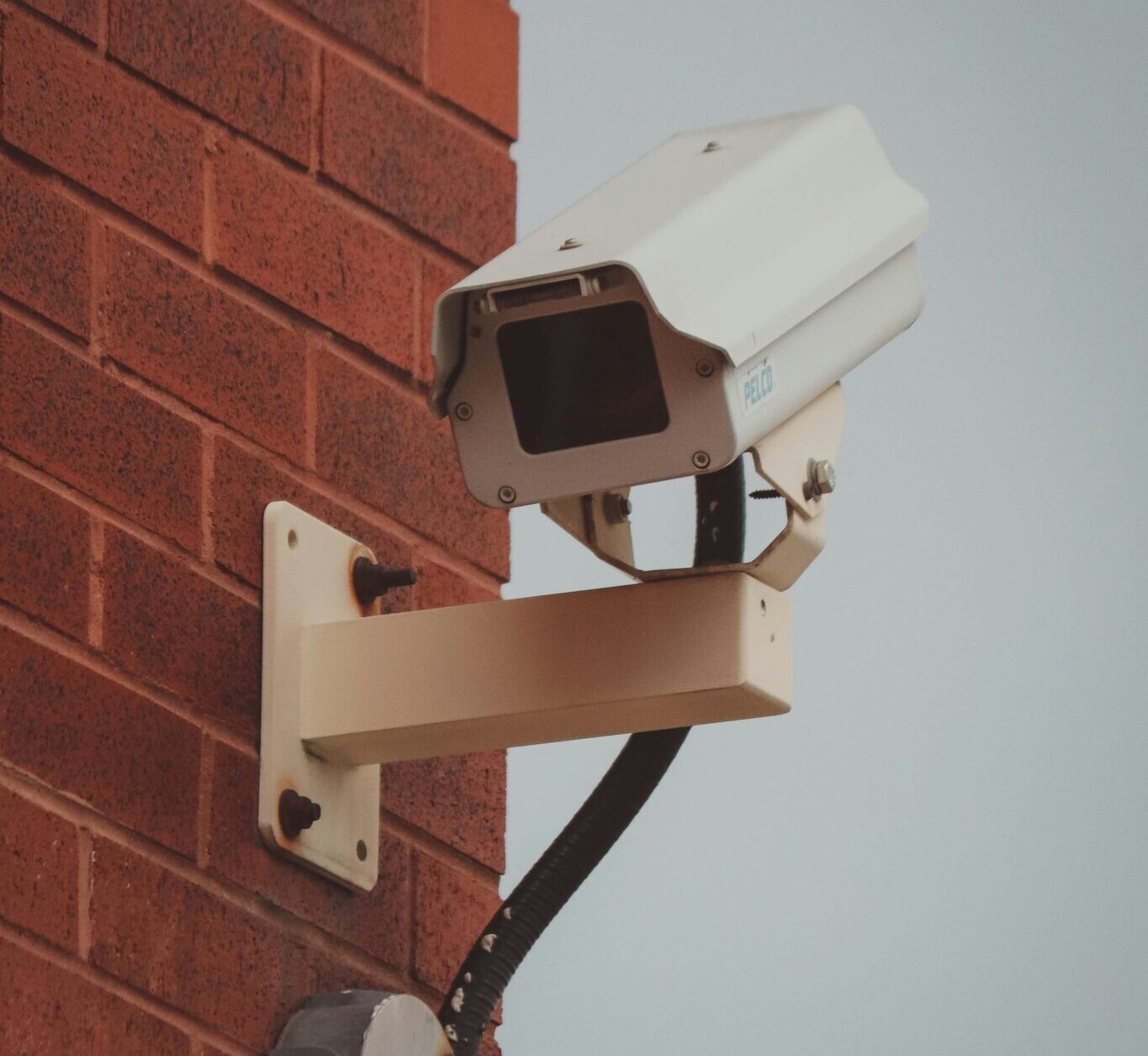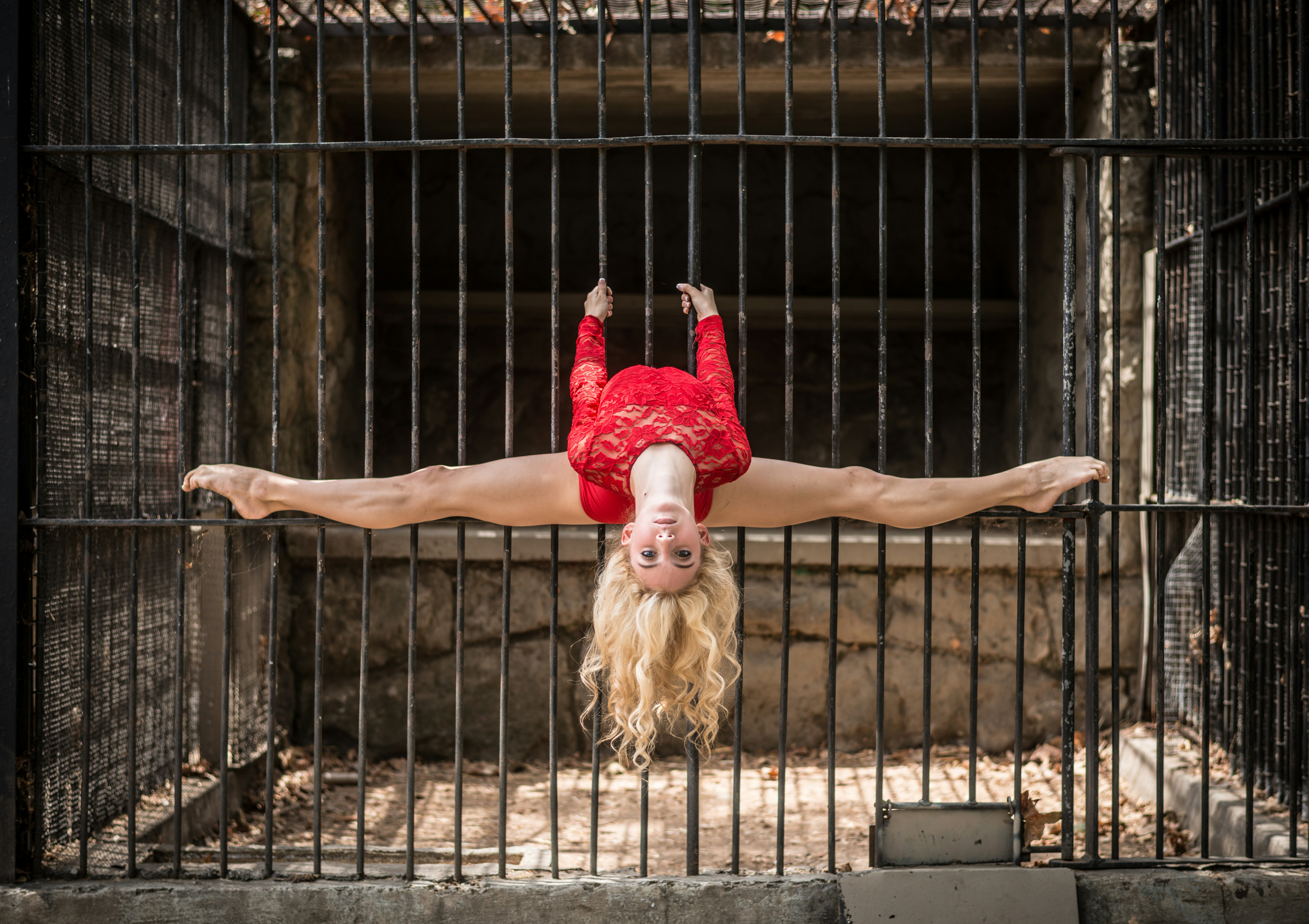Paris 2024 Olympics AI Safety Measures Pros and Cons
Over the past couple of months, a significant amount of discourse has emerged surrounding the surveillance features that will be present at the Paris 2024 Olympics. The two most influential surveillance tactics are the AI protection offered to Athletes, and the AI surveillance features targeted towards the public. Essentially, Athletes at the Paris 2024 Olympics will have AI protection against online abuse, allowing them to focus on their performance. This is will likely result in Athletes facing less hate online. In addition, Paris has been testing AI surveillance at large public events to monitor crowds and detect threats, but these measures are raising concerns about privacy and the risk of normalizing invasive surveillance. Although facial recognition is banned, critics worry that AI technology could still expand police powers and infringe on personal freedoms. Finally, scams are no new obstacle, and they have unfortunately made their way into the Olympics. Scammers are creating fake websites to sell fake Olympic tickets, prompting authorities to take action. This is very concerning as many people have already been scammed out of thousands of dollars.
Now, lets go into more detail about the safety AI technology that will be applied to the Paris 2024 Olympics, and how you can stay safe while purchasing a ticket!
Paris Test AI Surveillance at Public Events, Critics Raise Privacy Concerns

Plans are set to use artificial intelligence (AI) to scan the thousands of athletes, coaches and spectators at the Paris for the Olympics. French authorities tested and legitimized these AI systems at train stations, concerts and football matches. While these features have the potential to help protect crowds and participates, privacy concerns have been raised. The most influential privacy concern is due to the potential use of the facial recognition feature.
Lets explain the context around this new AI in more detail. Essentially, Paris conducted its AI surveillance test using crowd surveillance technology at four train stations during a concert and a soccer match. These trials excluded facial recognition but included body scanners. The system, provided by Videtics, Orange Business, ChapsVision, and Wintics, searches for crowd surges, abandoned objects, weapons, fires, and rule violations.
Listed below are the most important takeaways of the critism surrounding AI surveillance at the Olympics:
- Civil Rights Concerns: Groups like Amnesty International and Human Rights Watch criticized the AI surveillance, warning of potential privacy violations
- Transparency and Privacy Issues: Critics argue there is insufficient transparency and public oversight regarding the AI technology, with concerns about its potential for misuse for mass surveillance.
- Government and Legal Framework: Despite a legal ban on facial recognition, exemptions for national security and migration raise fears of eventual deployment. Historical covert use of facial recognition by French authorities raises these concerns.
- Discrimination and Targeting: There are concerns that AI surveillance systems could create discrimination, particularly against ethnic minorities and marginalized communities, by amplifying racist policing and threatening the right to protest.
- EU Regulation and Global Implications: Amnesty International calls for human-rights-compliant AI regulation within the EU and warns that the French surveillance measures could undermine the EU’s AI Act, risking large-scale rights violations during the Olympics and setting a dangerous precedent for future surveillance practices.
The Government has responded by stating the new system will result in a positive outcome in terms of safety at the Olympics. French officials defended the system due to increased terrorist threats. The French Ministry of Interior established a civil liberties monitoring committee. The plan is to add 400 security cameras, totaling around 4,400 for the Olympics.
AI System Will Protect Athletes From Online Abuse at the Olympics

Listed below are the top 5 most important takeaways of this new AI System for Athletes:
- AI Monitoring System: Athletes at Paris 2024 will be protected from online abuse by an AI-powered system that monitors and flags abusive messages on major social media platforms for removal.
- Wide Coverage: The system will screen thousands of accounts in over 35 languages across platforms like X, Facebook, Instagram, and TikTok, targeting 15,000 accredited athletes.
- Opt-In/Out Feature: Olympians with public-facing social media accounts are automatically included but can opt out anytime. The service extends to entourage members and technical officials.
- Successful Testing: Tested during Olympic Esports Week, the system flagged 199 potential abuse instances from 17,000 posts, leading to the removal of 49 verified abusive posts.
- Lindsey Vonn Endorsement: Olympic champion Lindsey Vonn praised the tool for enhancing athletes’ Olympic experiences by allowing them to focus on competing without the distraction of online abuse.
Scammers are Creating Fake Olympics Ticketing Websites

Listed below are the top 5 most important takeaways of the current scams:
- Fraudulent Website Identified: An example of a fake website is, “paris24tickets[.]com,” which claims to sell Paris 2024 Summer Olympics tickets. This was listed as a top search result on Google.
- Widespread Fraud: The French Gendarmerie Nationale, in collaboration with Olympics partners, identified 338 fraudulent Olympics ticketing websites, with 51 shut down and 140 receiving formal notices.
- Scam Details: The fraudulent site mimicked legitimate ticketing websites, potentially stealing money and personal information such as credit card details from users attempting to buy or sell tickets.
- Distribution Methods: The fraudulent domain was primarily spread through ads in search results and a few targeted emails offering ticket “discounts,” possibly collecting email addresses during the sign-up process.
- Official Ticketing Advisory: To avoid scams, users are advised to purchase tickets only through the official Paris 2024 Olympic and Paralympic Games ticketing website.
What is Next?
To sum, the Paris 2024 Olympics will utilize AI to protect athletes from online abuse, enhancing their focus and experience, but this comes amidst concerns about scams and privacy issues. Fake websites selling counterfeit Olympic tickets have been identified, leading to increased vigilance from authorities. AI surveillance, tested at public events to monitor crowds and detect threats, has raised significant privacy concerns, with critics warning of potential human rights violations. Despite this, the French government defends these measures as necessary for countering increased terrorist threats and has established a civil liberties monitoring committee alongside plans to expand security camera coverage. As the Olympics approach, balancing security and privacy will remain a critical challenge.









